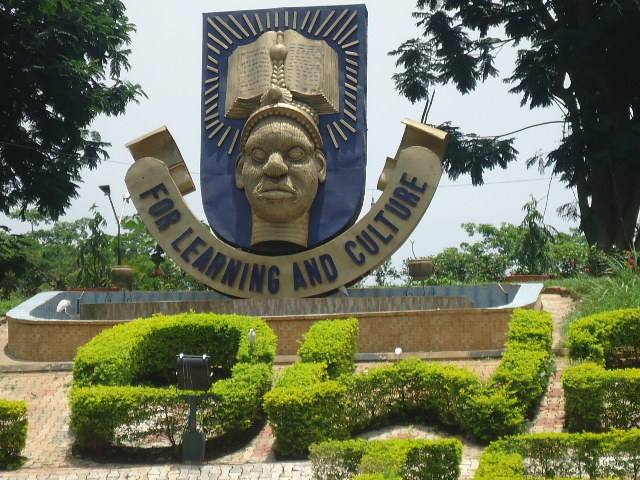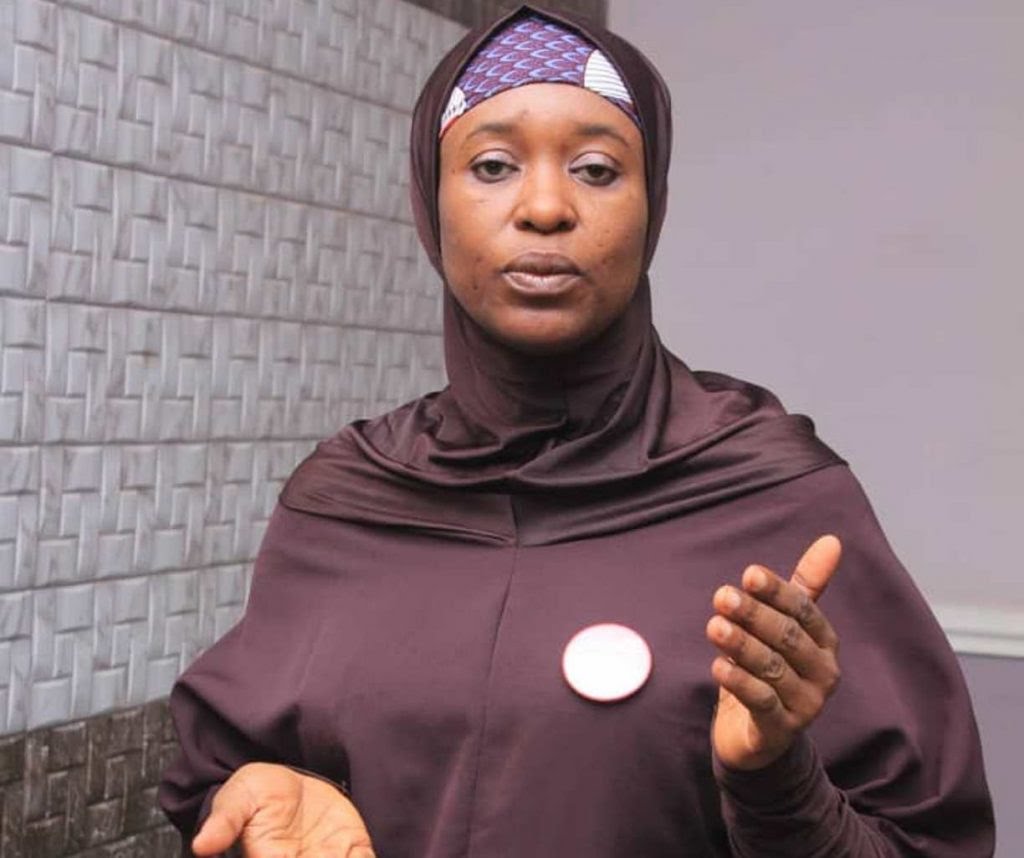[ad_1]
The Vice-Chancellor of Osun State University (UNIOSUN), Professor Odunayo Clement Adebooye on Monday called on the concerned authorities in the country to double their efforts in
scientific research to get out of the burden of Onchocerciasis disease saying,14.6 million of the infected people already had a skin disease and 1.15 million had vision loss.
The Vice-Chancellor who made this known at a press conference held at the Institution Multi-purpose hall in Osogbo stated that, as a result of this, According to World Health Organization (WHO), more than 99% of infected people live in 31 African countries, including Nigeria.
He, however, added that it has been estimated that, at least 220 million people required preventive chemotherapy against Onchocerciasis pointing out that, some humans, severe allergic reactions may require hospitalization.
According to him, “Population-based treatment with ivermectin (Mectizan®) (also known as mass drug administration or MDA) is the current core strategy to eliminate onchocerciasis. Ivermectin is donated by Merck under the brand name of Mectizan®”.
“Four countries have been verified by WHO as free of onchocerciasis after successfully implementing elimination activities for decades: Colombia (2013), Ecuador (2014), Mexico (2015), and Guatemala(2016). But, our country Nigeria needs to double our scientific research to get out of the burden of Onchocerciasis. “
“They are a common nuisance for humans, and many countries have programs to suppress the black fly population because they spread several diseases, including river blindness, also called Onchocerciasis in science and called “Inarum” in Yorubaland. River blindness is one of the debilitating diseases of public health importance and it is transmitted by these black flies.”
“Investigations have revealed that bites by black fly often cause spot itching of the skin and swelling at the point of bite and sometimes inflammation result from a bite. Depending on the species and the individual’s immune response, swelling and irritation may persist for weeks. Our experience at the village level shows that intense black fly bites can cause “black fly fever”, with headache, nausea, fever, swollen lymph nodes, and aching joints”.
“Therefore, a multi-disciplinary research team led by Prof. Monsuru Adebayo Adeleke, a Professor of Public Health Entomology and Parasitology in the Department of Zoology, Osun State University Osogbo developed a long-term research proposal for the Bill & Melinda Gates Foundation on the subject “Black Fly”.
“The research is for the development of black fly pheromone baited trap and some entomological studies on black fly trapping and control in Nigeria. I am glad to announce that the research team, in a stiff and healthy competition has received a grant of $1.4million for entomological research and black fly pheromones from the Bill & Melinda Gates Foundation
“The other collaborators on this project include Prof. B.E.B Nwoke (Imo State University, Owerri), Prof. H.B Mafuyai (University of Jos), Prof. K.N Opara (University of Uyo) and Dr. O.A Surakat (Osun State University, Osogbo). Other notable scientists from the United States of America, the United Kingdom, and Costa Rica are also involved in the study”.
“The world targets year 2030 for global onchocerciasis elimination, black fly surveillance forms an integral part of assessment for assessment of elimination after repeated yearly administration of ivermectin(Mectizan) in the endemic communities.”
” However, the present tools are insufficient for epidemiologically important xenomontoring to conduct timely entomological assessment to stop mass drug administration (MDA) with ivermectin (Mectizan) and post-verification surveillance for onchocerciasis”.
“In addition, the vector control approaches to reduce blackfly biting rates have not been fully explored to reduce transmission of persistent oncho-endemic hotspots in Nigeria. These are issues to be addressed in the current studies.”
“Prof. Adeleke is an astute zoologist with research interest in vector-borne diseases, disease surveillance tailored towards shaping health policy. He was part of the team that designed the novel black fly dubbed Esperanza trap for the surveillance of onchocerciasis vectors in Africa and America under the supervision of Prof Thomas Unnasch (University of South Florida, USA) and Prof Mario Rodriguez-Perez (IPN-CBG, Mexico) funded by Bill and Melinda Gates Foundation. The publication from the research won the Pan American Health Organization (WHO/PAHO) Dr. Soper best Public Health Literature for the year 2014. “
While congratulating the University and Professor Adeleke for the present win, the Vice-Chancellor, Prof Clement Adebooye expressed the University’s management’s appreciation to the funder and promised that, necessary logistics will be made available for the successful implementation of the project while the grant will be managed according to the rule of the game.
[ad_2]







